These are the things I wish I knew before buying an air purifier so you don’t make the same expensive mistakes I did
I wasted so much money before becoming an air quality expert

Jullia Joson
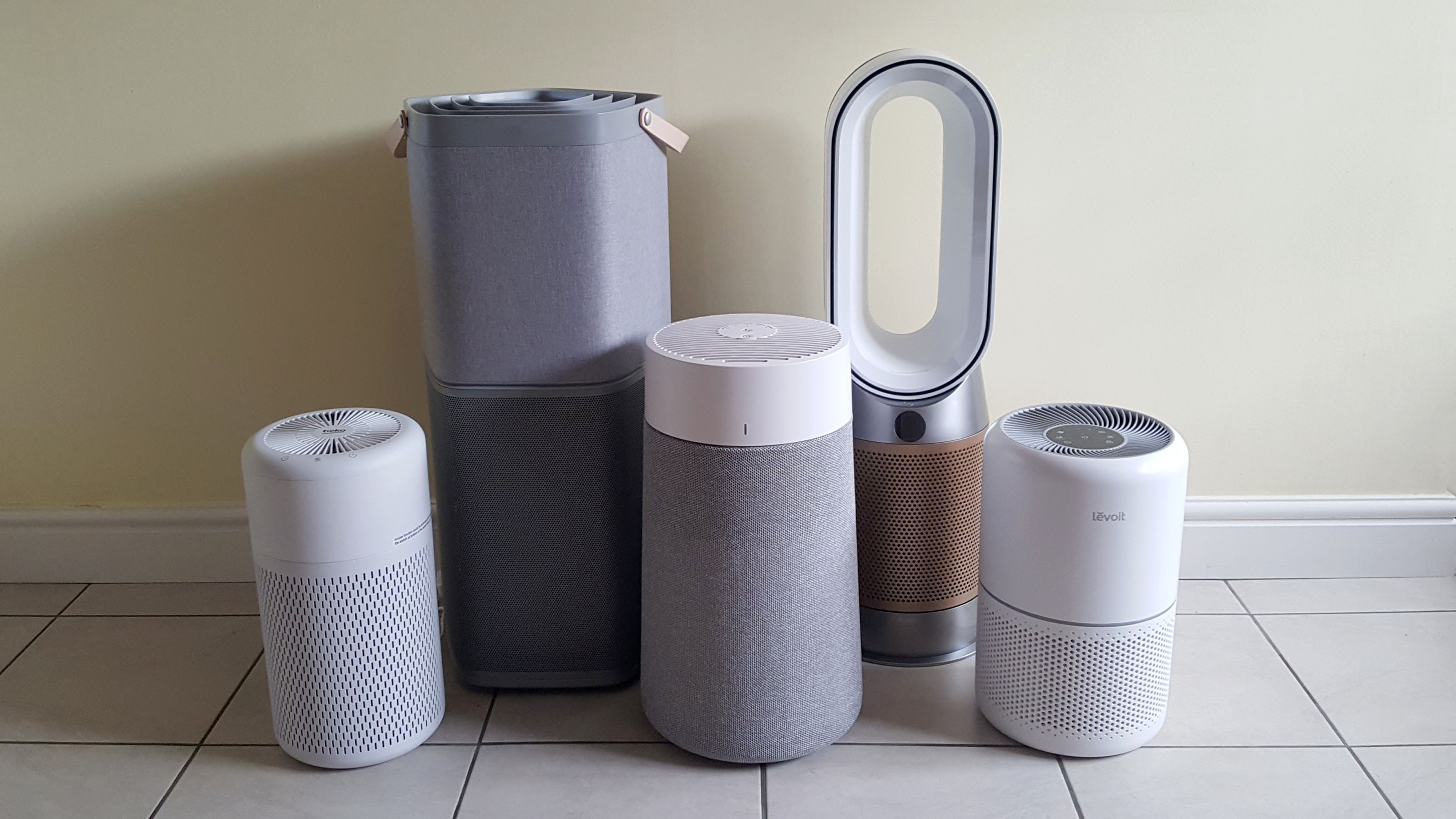
Before I became Ideal Home’s expert in all things air quality, I got caught up in the air purifier wave. They were the talk of the town, everyone was buying them, and I just didn’t want to be left out. In doing so, I made some serious buying mistakes - and there were so many things I wish I knew before buying an air purifier.
While I’m now a huge fan of the best air purifiers, I know from personal experience that doing little-to-no research and buying the wrong one (well, buying the wrong three, in my case) is a serious waste of time, money, and effort. But as it’s now my job to test air purifiers and understand everything there is to know about them, I’ve realised that I’m probably not the only one who has made these poor choices.
That’s why I thought I’d share with you the 6 things I wish I knew before buying an air purifier so you don’t make the same mistakes as I did. Hopefully, this should lead you to the perfect purchase with minimal effort on your part. And yep, you can thank me later.
1. Understanding what you want from it is key
Appliance trends come and go, and even if they stick around they’re constantly changing and evolving. And while it can be easy to buy an air purifier purely because everyone else seems to be, I know from experience that understanding what you want and knowing which type of air purifier is best for you is key.
That’s because there are so many different types of air purifiers out there, from air purifiers to help with hay fever to air purifiers that help with mould because of the different filter offerings available.
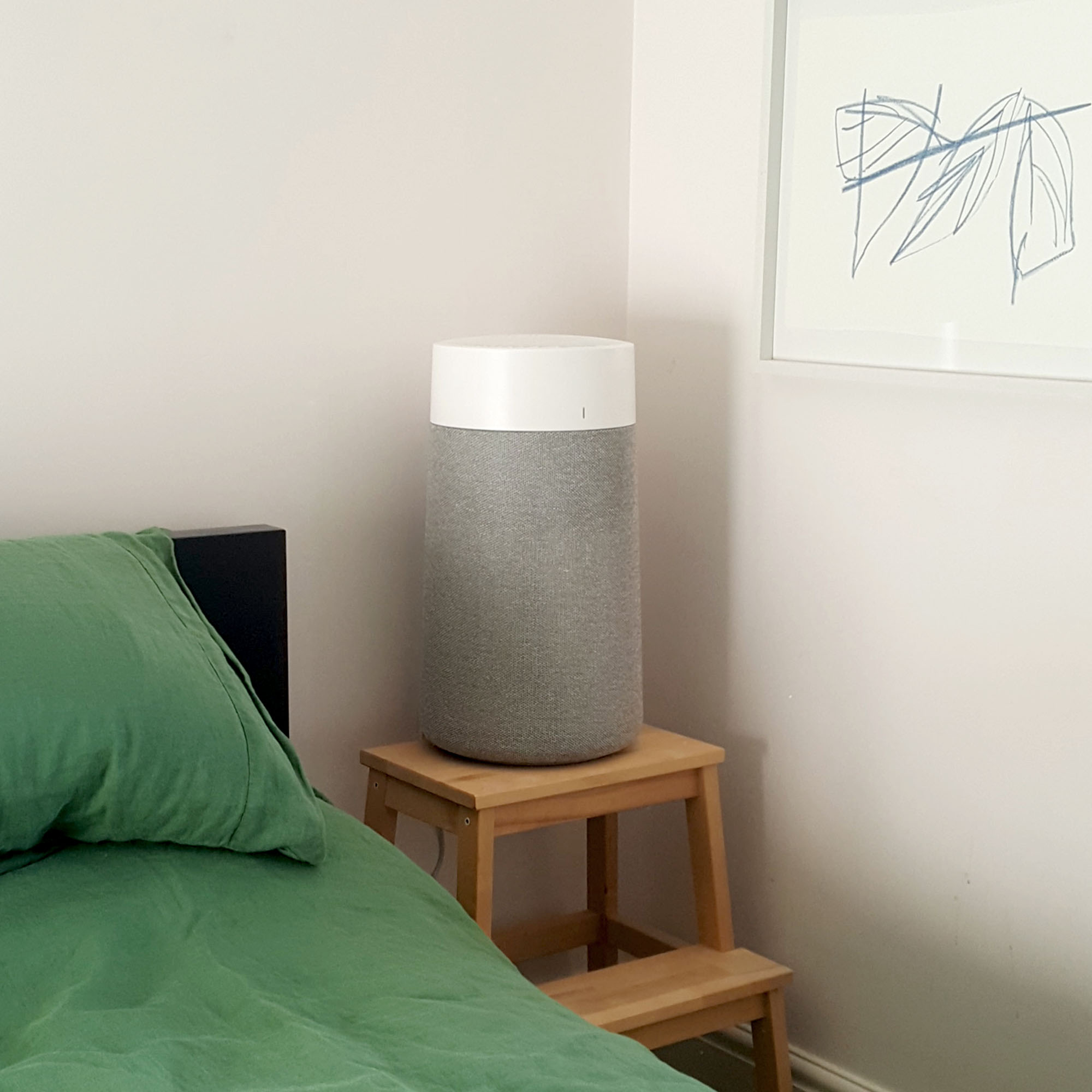
'For instance, if you suffer from allergies, a purifier with a HEPA filter is ideal. If you are primarily concerned about odours, look for a model with an activated carbon filter,' advises Joshua Warren, AO.com's air treatment expert.
And as someone who suffers from hay fever and shares a home with a dog (and therefore a lot of pet dander and hair), I can vouch for the fact that buying the wrong air purifier was a complete waste of money. In fact, I used one for about a month before swapping it out for a different model.
Sign up to our newsletter for style inspiration, real homes, project and garden advice and shopping know-how
2. Sometimes the extra bells and whistles are worth it
In today’s day and age, air purifiers are so much more than just air purifiers. They can also be air-purifier fan combos like the Dyson Purifier Cool PC1, and they can even be air purifiers that are also fans and heaters like the Dyson Purifier Hot+Cool Formaldehyde HP09 Purifying Fan Heater. Basically, there’s no end to the bells and whistles that can come with them.
I recently tested the Shark NeverChange5 Air Purifier and gave it a glowing 4.5-star review. In fact, it’s still the air purifier I use in my home to this day - and that’s largely due to the extra perks that come with it. For starters, it comes with odour cartridges that release a delicious scent when it’s purifying your home (although you can turn this off if you want to).
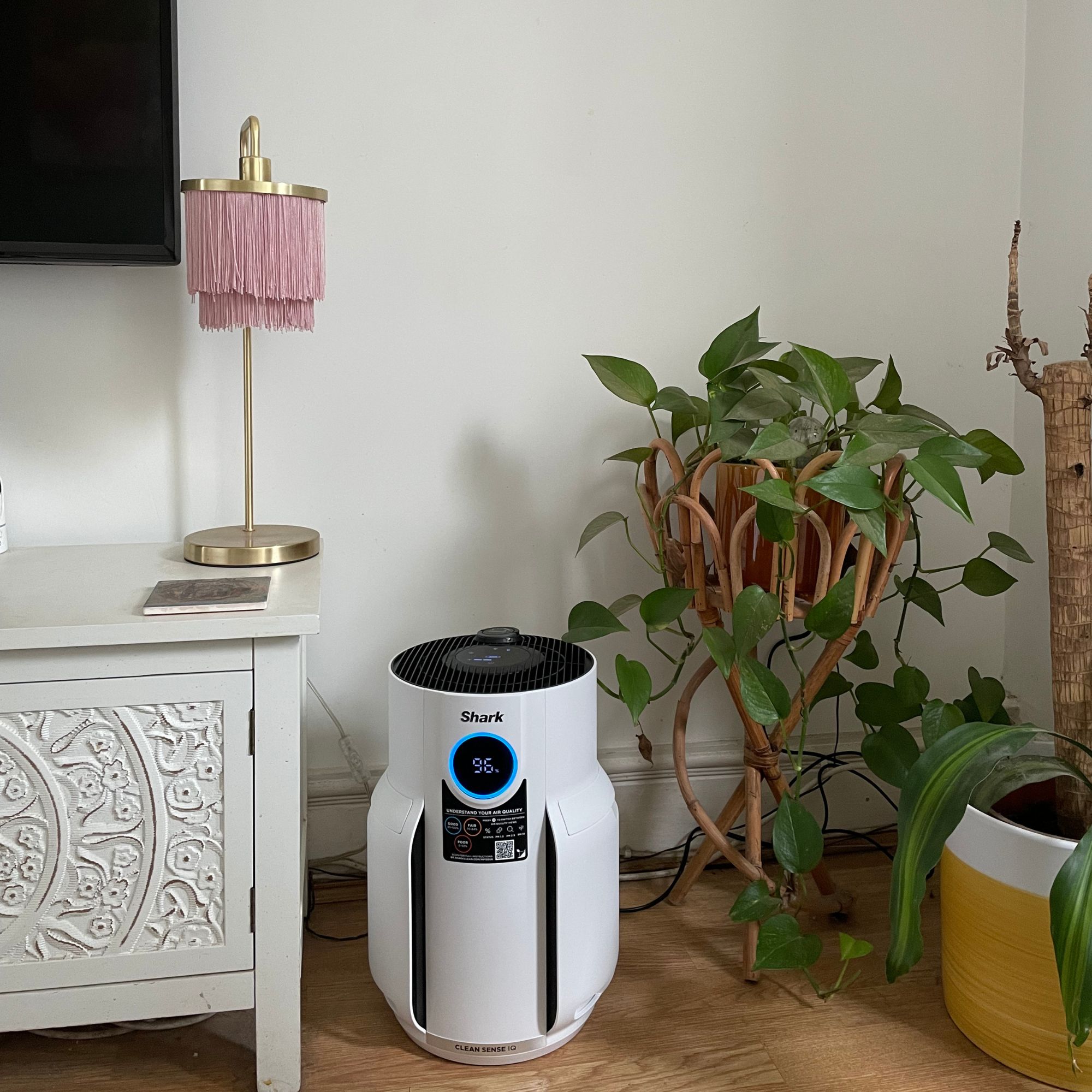
And secondly, you don’t need to replace the filter for a whopping five years, which is way less than how often you need to replace other air purifier filters. This will ultimately save me money and a whole lot of hassle in the long run. But that’s just the start of what these modern air purifiers can offer.
From smartphone apps to remote controls and even Alexa compatibility, these extra functionalities can drastically improve the overall ease of use and enjoyment of an air purifier. So, I’d always suggest opting for them - as long as you know you’re going to make the most of them.
3. You need to buy the right size
Air purifiers come in all shapes and sizes, spanning from itty bitty models that are perfect for improving air quality in a small bedroom to larger models for bigger family households. However, this size isn’t directly related to the dimensions. Instead, it’s related to the recommended room sizes - as some are more powerful than others.
This will outright determine how many air purifiers you need, as you could opt for one larger air purifier that will suit larger spaces or buy multiple smaller air purifiers that will target smaller rooms. This is echoed by David Miloshev, appliance technician at Fantastic Services.
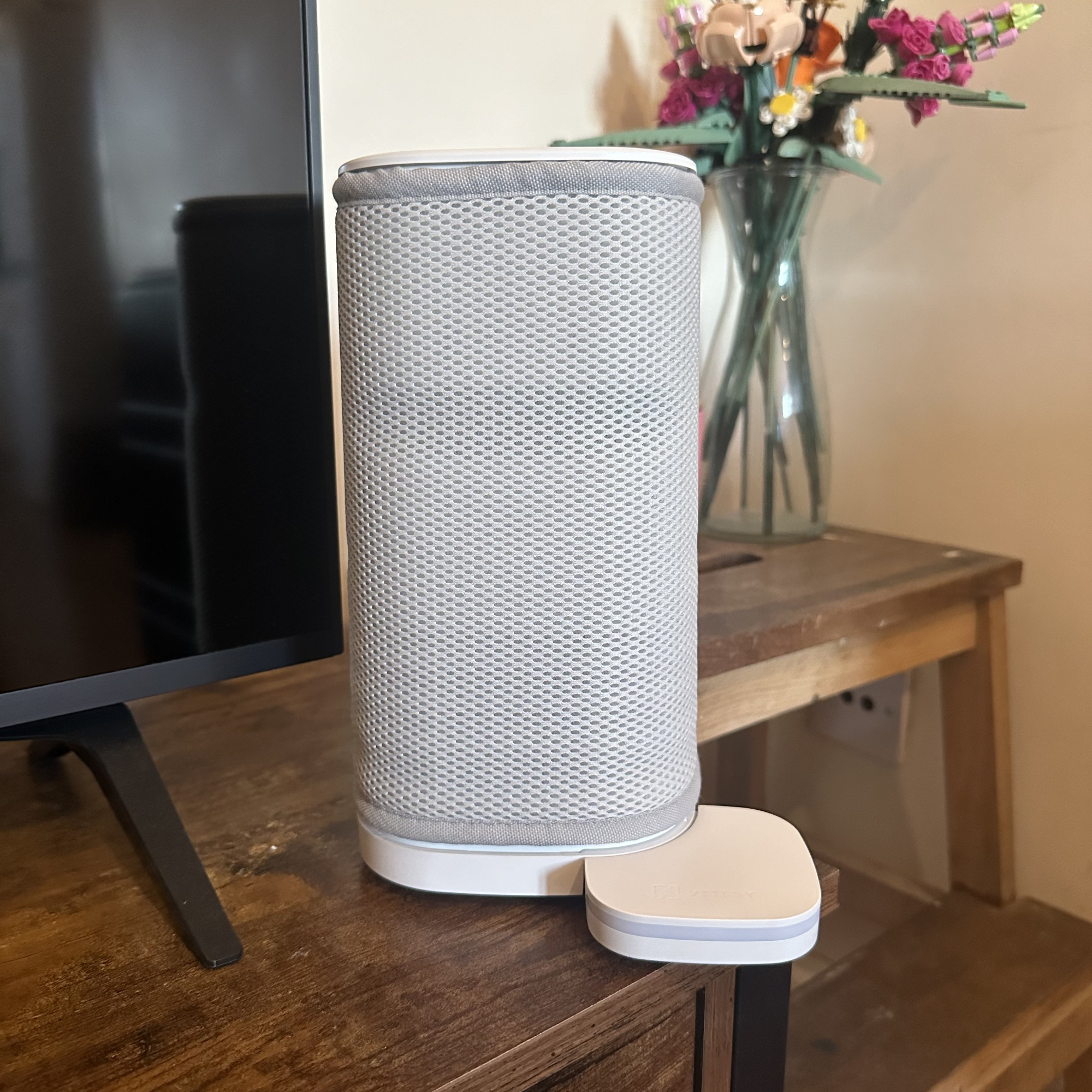
He says, 'For example, if you need it for a small room, it'll be unnecessary to purchase a large device because it'll consume too much electricity (ultimately running up the cost of running an air purifier). On the other hand, a small air purifier won't clean the air effectively if you put it in a large room of about 55 or 90 square meters. For such space, you’ll need a large device.'
Because of this, it’s important to assess the specs of any air purifier you want to buy. And if you don’t know the size of the room or space you want to use this appliance in, you’ll need to get the measuring tape out.
4. Some are louder than others
Although I personally like a bit of white noise when I’m trying to sleep and therefore don’t mind the gentle hum of an air purifier, I appreciate that everyone is different. My own husband, in fact, hates that the appliances I test often disrupt his sleep. That’s why one of the things I wish I knew before buying an air purifier is the fact that some are louder than others.
If noise is an issue for you, the best way to ensure you’re making the right purchase is to take a deep dive into the specifications and check out the decibel (dB) rating - and the higher that rating, the louder it is.
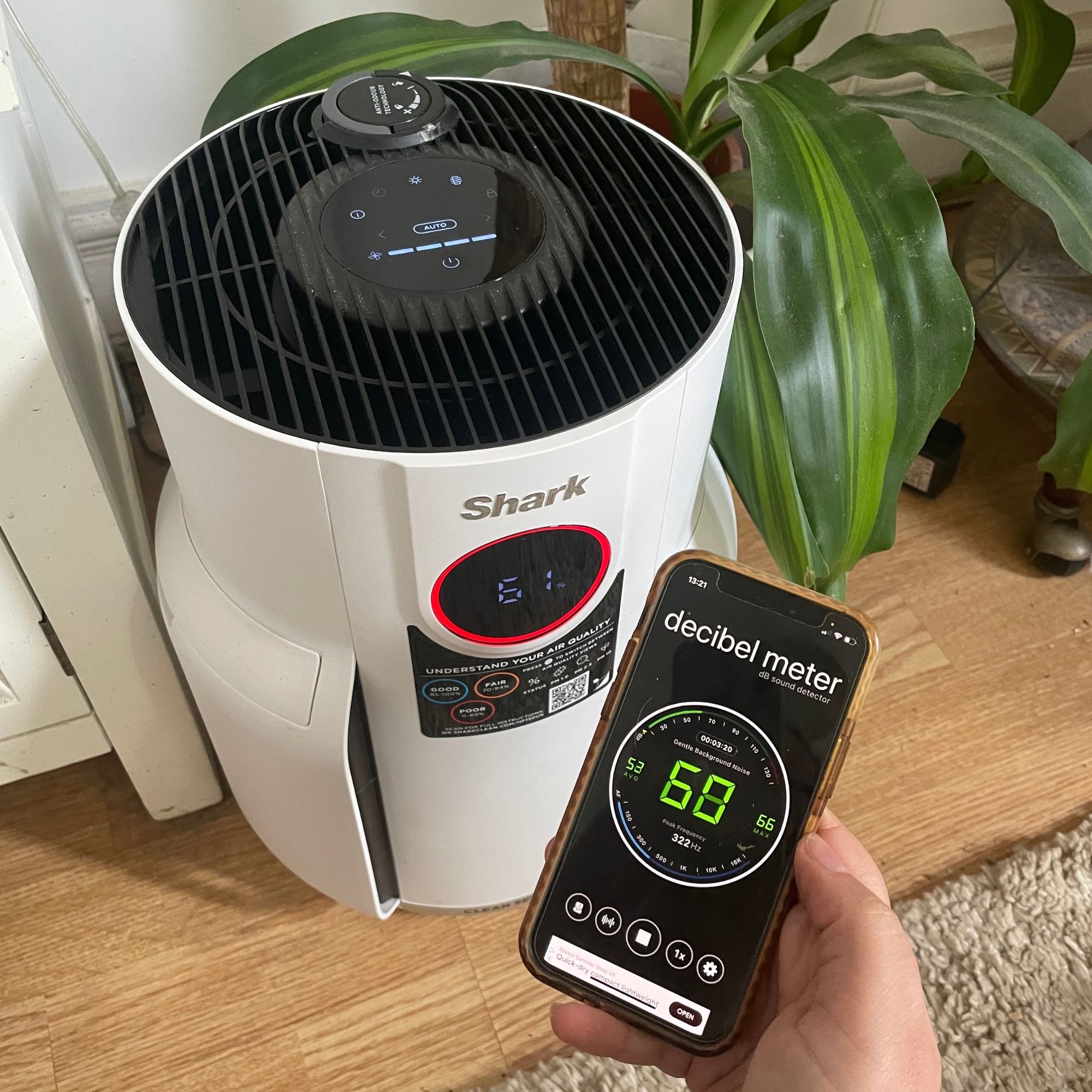
Lars Dunberger, technology development manager at Blueair, also adds, ‘'For any devices designed to be used in the bedroom, it's also worth looking for the Quiet Mark certification, which is only awarded to the quietest devices on the market.'
Some also have a dedicated ‘Sleep’ mode - like the Levoit Core 300S - which means that it’ll not only reduce the noise levels but often turn off any lights on the unit itself. This should help you out if you want to use an air purifier to help you sleep.
5. Some air purifiers can be harmful
If you were to ask me whether air purifiers are worth it, I’d undoubtedly say yes. But I’d also say that only some air purifiers are worth it, as speaking from personal experience, ozone production is something I didn't even know I had to consider when buying an air purifier. I was under the impression that all air purifiers simply purified air (genius, I know).
So, when I switched on my air purifier for the first time and was met with a smell akin to harsh cleaning products, I was utterly confused. Turns out it was ozone. Needless to say, I quickly returned it, but if you're wondering why your air purifier smells, this could be a reason.
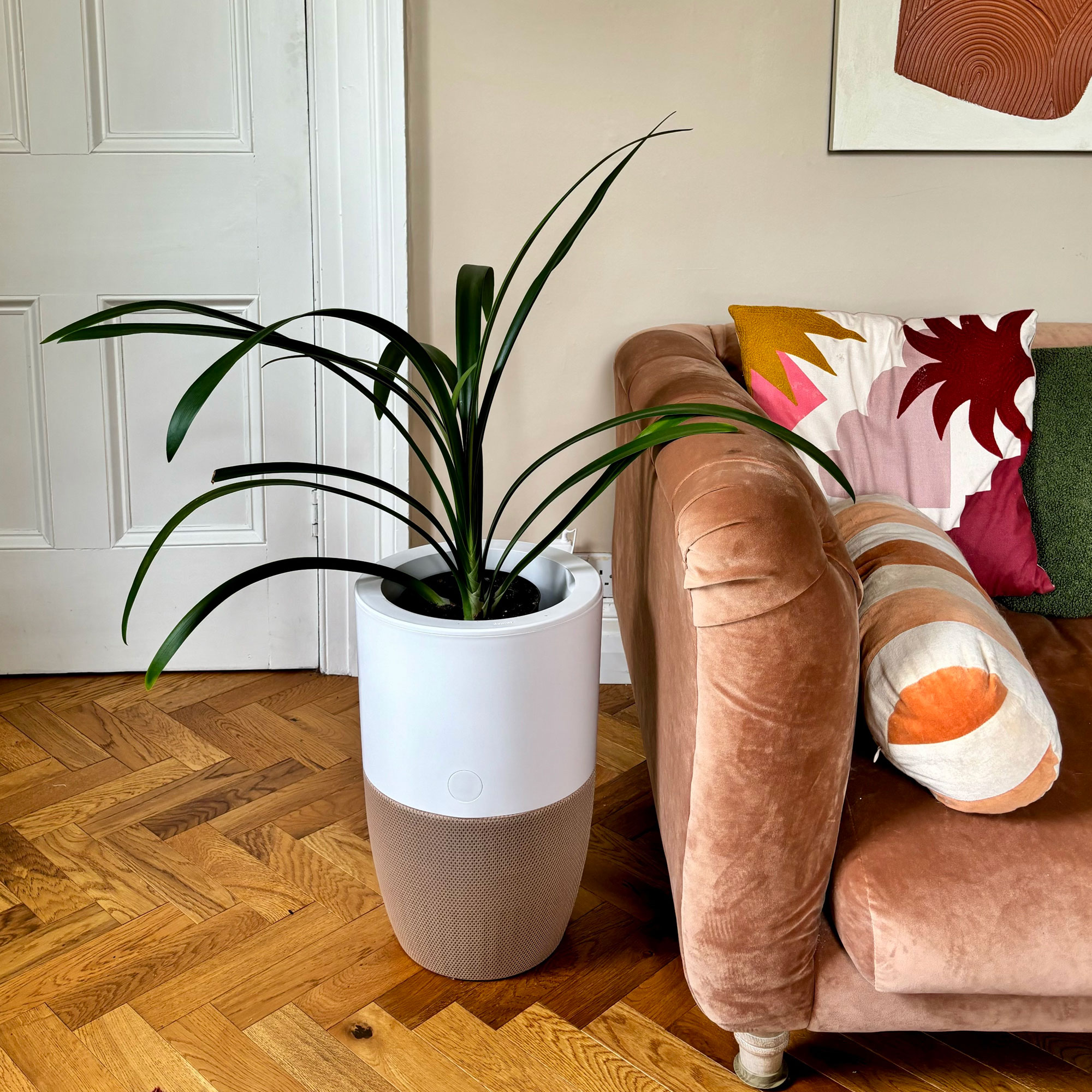
But what is ozone? Well, it’s a gas often used to help emit odours from the home. And as David says, 'Even though air purifiers are devices meant to purify air, some of them can still be harmful because they can emit ozone, which harms your lungs. To avoid this, look into the specifications and choose a product that has been tested and proven not to produce ozone.’
Thankfully, many air purifier brands are now straying away from using ozone, but this is still something to look out for - and it’s something I definitely wish I knew before buying an air purifier.
6. It’s all about the CADR
When I bought my first air purifier, I bought it based on aesthetics alone. I just assumed that all air purifiers were created equally, and that I had the freedom to choose an appliance that suited my home decor and the style of my home. However, I quickly realised that that wasn’t the case, as where air purifiers are concerned, it’s all about the CADR.
The clean air delivery rate (CADR) is one of the most important aspects to look at before buying an air purifier, yet is often the most overlooked. This is essentially the number that will determine how effective the device is.
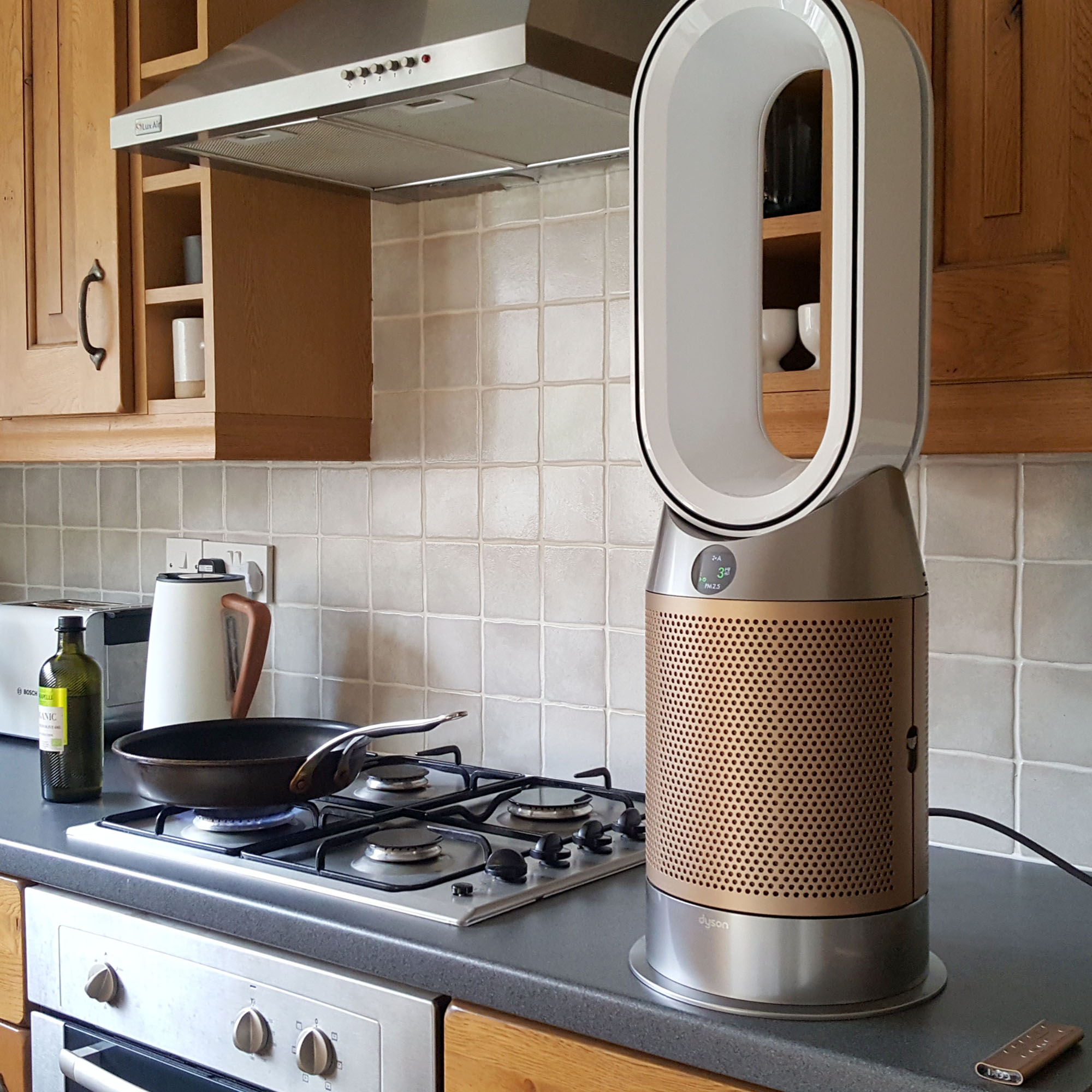
In short: the higher the CADR, the faster the machine cleans the air. If you're buying an air purifier to help with allergies or you want to have an air purifier on while you’re cleaning, you should be prioritising models with a higher CADR and taking note of the recommended room size.
'The figure is based on independent tests performed by the Association of Home Appliance Manufacturers (AHAM), which in turn recommends a suitable room size for an air purifier based on its CADR score,' explains Lars.
Our top-rated air purifiers
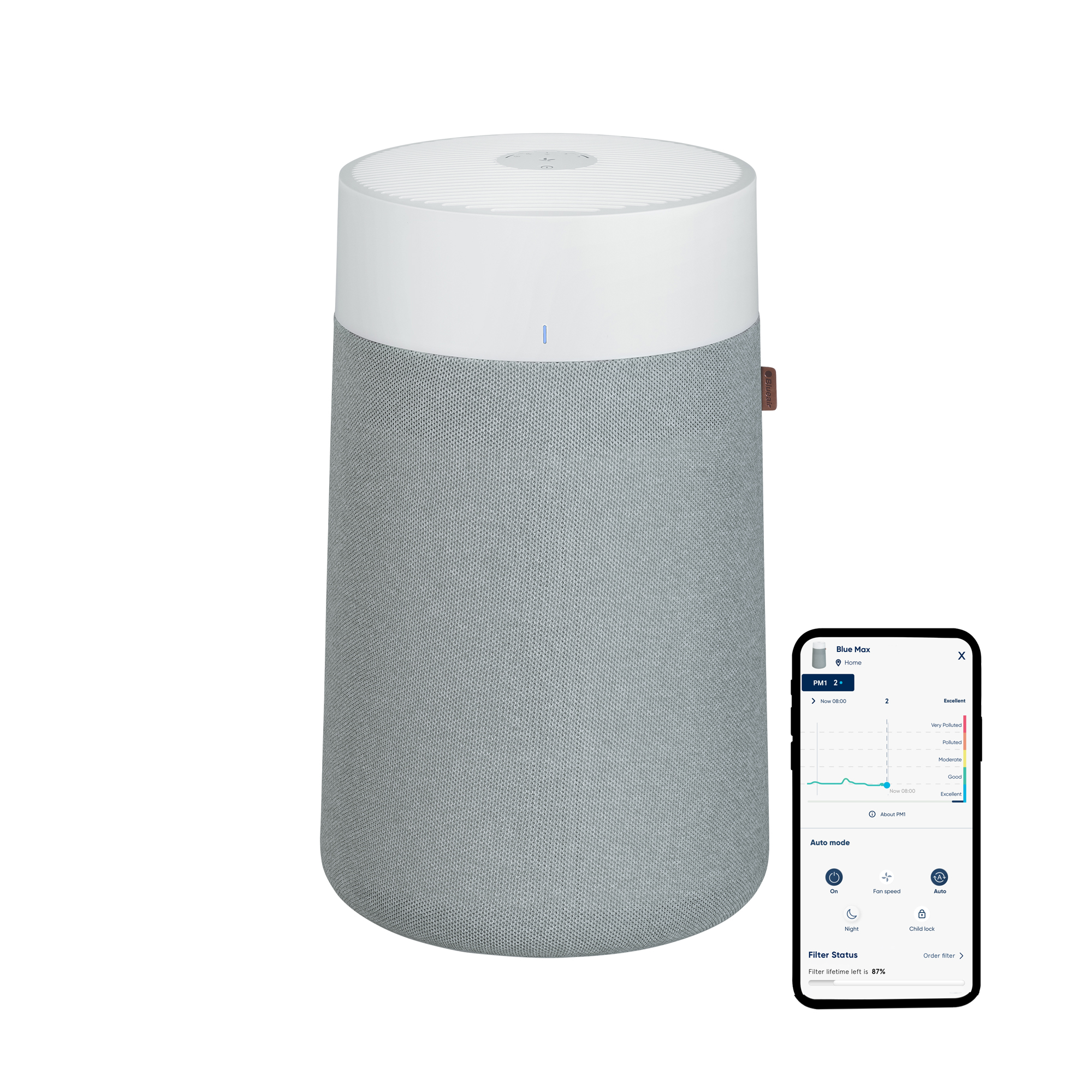
Crowned the 'best overall' air purifier that we've tested, this model is one of the best you can buy. It's suitable for spaces up to 48m² and has the ability to filter out a whopping 99.97% of airborne particles down to 0.1 microns in size.
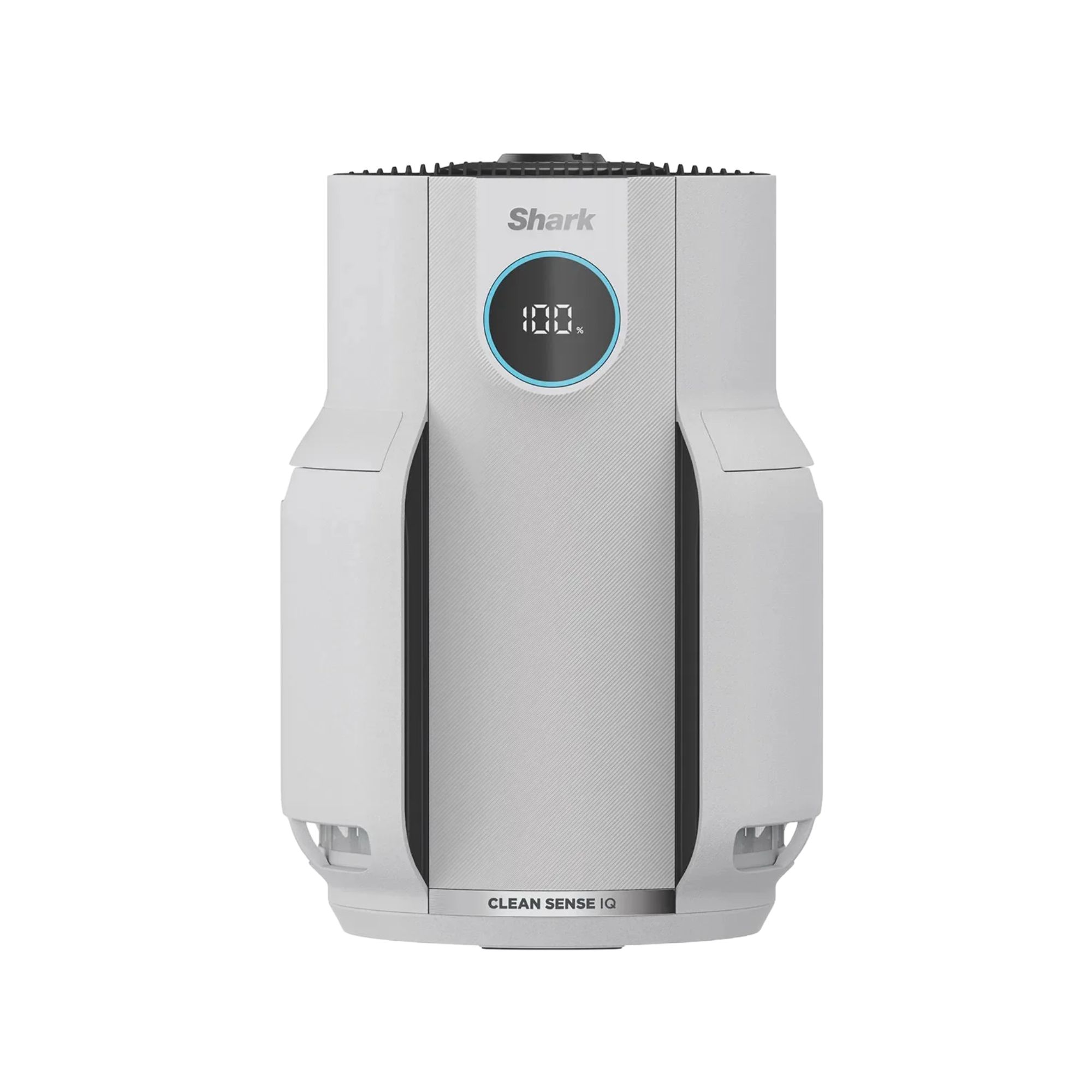
This is the air purifier that I use in my home, and I can't say enough good things about it. Sure, the design is pretty divisive, but its seriously responsive and offers Anti-Odour cartridges to make your house smell amazing, too.
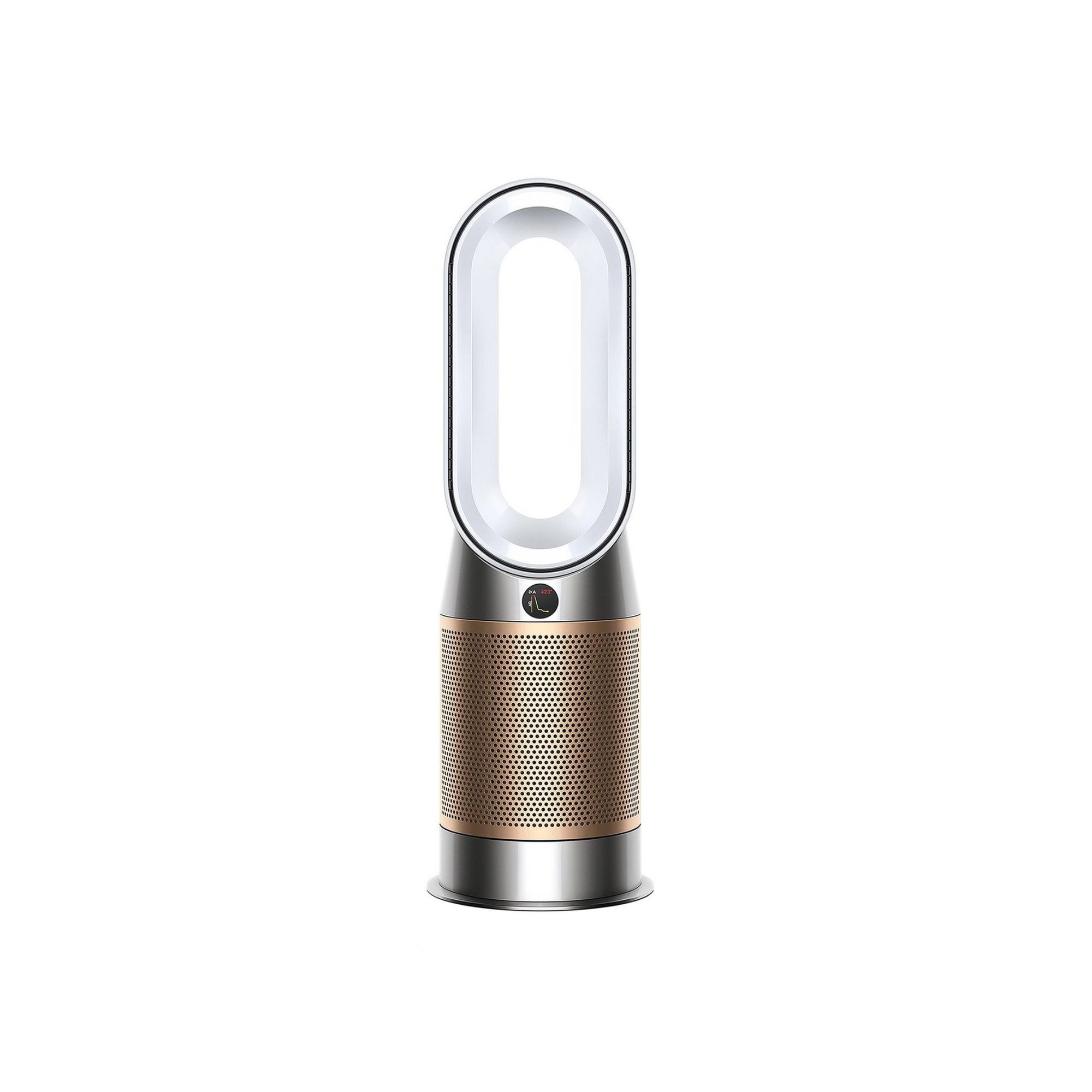
If you're looking for a multi-purpose air purifier, this one also offers the power of the best fans and the best heaters, too. As it's Dyson, there's also no question that it's incredibly high quality and long-lasting.
FAQs
What features are most important to consider when buying an air purifier?
When buying an air purifier, the most important thing to understand is your specific needs for purchasing one. Make sure you opt for models with certain filters to best assist your needs, consider the size of the model in relation to where you plan to place it, and its noise levels.
As a general rule of thumb, keeping these immediate three factors in mind will help you make an informed decision before buying an air purifier.
What to avoid in air purifiers?
Where possible, it's best to avoid air purifiers that generate ozone. For domestic use, it's recommended to opt for models that don't produce ozone because this can be very harmful to human lungs when inhaled – which is the opposite effect we're attempting to achieve from investing in an air purifier in the first place.
There you have it, those are the top things I wish I'd known before buying an air purifier. Let me know if these are helpful in the comments!

Lauren Bradbury has been the Content Editor for the House Manual section since January 2025 but worked with the team as a freelancer for a year and a half before that. She graduated with a Bachelor’s degree in English and Creative Writing from the University of Chichester in 2016. Then, she dipped her toe into the world of content writing, primarily focusing on home content. After years of agency work, she decided to take the plunge and become a full-time freelancer for online publications, including Real Homes and Ideal Home, before taking on this permanent role. Now, she spends her days searching for the best decluttering and cleaning hacks and creating handy how-to guides for homeowners and renters alike, as well as testing vacuums as part of her role as the Ideal Home Certified Expert in Training on Vacuums, having spent over 110 hours testing different vacuum models to date!
- Jullia JosonJunior Writer